Backpackers are Athletes, Too!
By Taylor Eovacious, MS & Aaron Owens Mayhew, MS, RDN, CD
Updated January 14, 2024
This post may contain affiliate links.
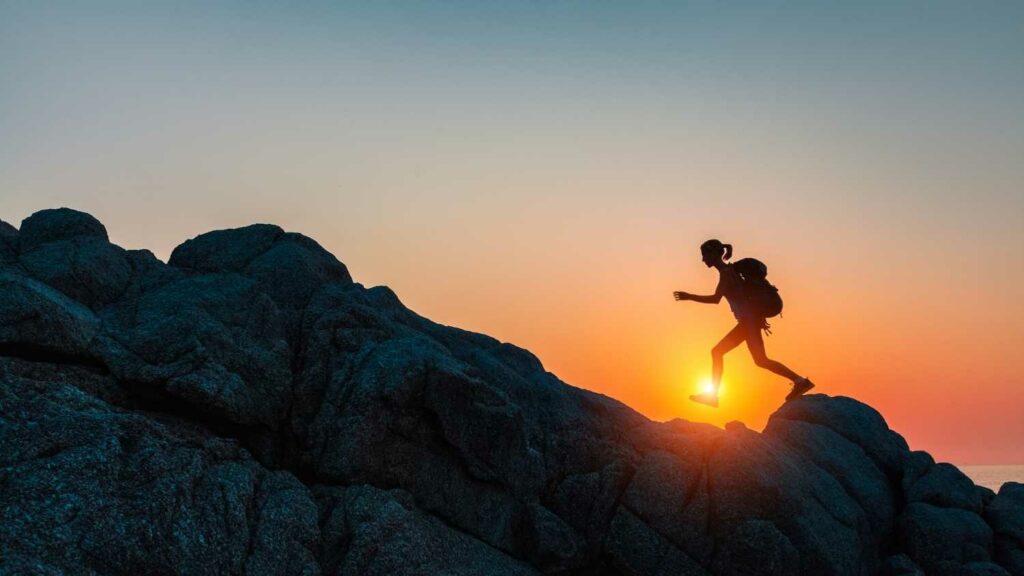
Name another sport where you have to carry the necessary gear in your pack, cover varied terrain, gain and lose elevation, consider weather changes, and cover great distances on your feet with relatively little rest or outside support day after day. Backpackers are endurance athletes and should fuel their adventures accordingly!
Endurance sports require an extreme level of endurance from their athletes. These athletes have a high maximal aerobic capacity and use key muscles at submaximal intensity for long periods; sound familiar? Some common endurance activities include running, cycling, or swimming for extreme distances under tough conditions. These athletes endure physically demanding training and have high energy expenditure and energy intake requirements, just as backpackers do.

5 Reasons Backpackers Are Athletes
1. Muscle Utilization
Like competitive swimming, backpacking is a full-body activity that includes muscle activation throughout the body. Hiking requires using the quadriceps, hamstrings, calves, glutes, and other hip muscles. These muscles work together to allow hikers to overcome various terrain changes while remaining upright. The abdominal and back muscles provide core strength and play an important role in hiking, especially when carrying a pack.
Have you ever considered taking a heavy pack on and off as a muscle-strengthening activity?
Taking a heavy pack on and off requires arm, shoulder, back, and abdominal muscles. It takes a high level of athleticism to hike and especially to backpack so high, in fact, that some triathletes use hiking for cross-training during their race season.
2. Physical Training
Although the pace of backpacking is relatively slow compared to other endurance sports, it is not necessarily easier when you consider all of the factors involved in backpacking.
Backpackers are unique because they…
- Carry everything they need on their back for days to months at a time
- Cover long distances with relatively no support
- Spend hours on their feet with minimal rest
- May face inclement weather without an easy way to escape it
Backpacking is not considered a competitive sport, so many don’t consider backpackers athletes. Whether you backpack for exercise or personal enjoyment, backpackers should practice proper preparation and training, like competitive athletes. Preparation and training are key to reducing the risk for injuries and common hiker complaints like back pain or ankle sprains.
Backpacking is unique because it requires strength, power, and endurance to carry a heavy pack for long hours. Training should involve components of muscular strength and aerobic capacity. For more information about backpacking training, check out our friends over at Trailside Fitness.
3. Energy Expenditure
Can you believe backpackers can burn as many calories as an elite cyclist riding 160km (about 100 miles)? Backpacking is an incredible feat of athleticism and requires high energy expenditure. Backpackers can easily expend 5,000 kcals/day or more while actively hiking. This doesn’t include the calories burned at rest or the Resting Metabolic Rate (RMR). The RMR is the energy the body needs to function at rest, such as during digestion or sleep, and does not include additional calories burned with activity, such as backpacking.
Check out this example under the following conditions:
- Individuals weighing 150 pounds (68 kg)
- Carrying 15-pound backpack
- Hiking 12 miles over 6 hours
- Mountainous terrain with an average incline of 5-10%
This person will burn about 2,800 calories while hiking. Now, let’s say this person’s RMR is 1700 calories. That means this person’s total daily energy expenditure will be nearly 4,500 calories for the entire day. Now imagine if we add in inclement weather (did you know that shivering can burn 400 calories/hour?), hike for a longer period, or add a heavier pack, the energy expenditure can add up!

4. Sense of Community
Although hiking isn’t considered a team sport, it’s enjoyable when done with others. If you are new to the community, then welcome! In the same way that the backpacking community has now brought us together virtually, hiking as a physical activity also brings people together. Hikers oftentimes choose to hit the trail with a partner, whether that’s a friend, significant other, or a stranger looking to enjoy the same path. There are also many hiking groups that meet to experience popular hiking paths together.
5. Other Health Benefits
Have you ever experienced a “runner’s high”?
Backpacking can also cause the same sensation. The body releases endorphins or “happy hormones” called serotonin and dopamine during exercise. These natural endorphins are associated with feelings of improved mood, increased pleasure, and decreased sensation of pain. They are what cause the “happy high” feeling during or after a hike.
Being in nature is also associated with better mental and physical health. A study in 2017 compared walking on a treadmill to hiking outdoors. They found that compared to treadmill walking, the hikers experienced significant increases in affective valence (pleasure), elation, and calmness and a significant decrease in both fatigue and anxiety. The combination of benefits from exercise and Vitamin N (nature) makes hiking such a great sport. Much like the elation associated with winning a team sport, backpacking is associated with many of the same feelings.
Now That We Agree That Backpackers are Athletes…
Let’s talk about the role nutrition plays.
Along with proper training and preparation, nutrition is a key component of any athletic activity. Although backpackers are athletes, some don’t consider fueling like an athlete, and they should. Food fuels the body and can make a big difference in energy levels and muscle recovery on the trails. To learn more about fueling for optimum recovery, check out Backpacking Nutrition: Tips for Recovery on the Trail.
Backpackers should carefully consider their individualized needs for trail day and pack accordingly. The exact needs of backpackers vary greatly depending on gender, metabolic rate, body weight, pack weight, distance, time spent hiking, terrain, and weather. Those who wish to optimize their performance may find that creating individualized backpacking meal plans is well worth it. For help determining your own nutrition goals, check out Backpacking Nutrition: Fueling Farther Using the Goldilocks Approach.
Backpacking and hiking during extreme weather conditions, such as extreme heat, cold, or high altitude, requires special attention to nutrition.
If an inadequate diet is consumed while backpacking, hikers can be at risk for several vitamin and mineral deficiencies.
Ready to take a deeper dive into backpacking nutrition?
Backcountry Foodie is your go-to resource for over 200 ultralight backpacking recipes, an automated meal planning tool, virtual masterclasses, YouTube videos, and podcast episodes.

Did you find this post helpful?
Pin it and share it with your fellow backpackers!
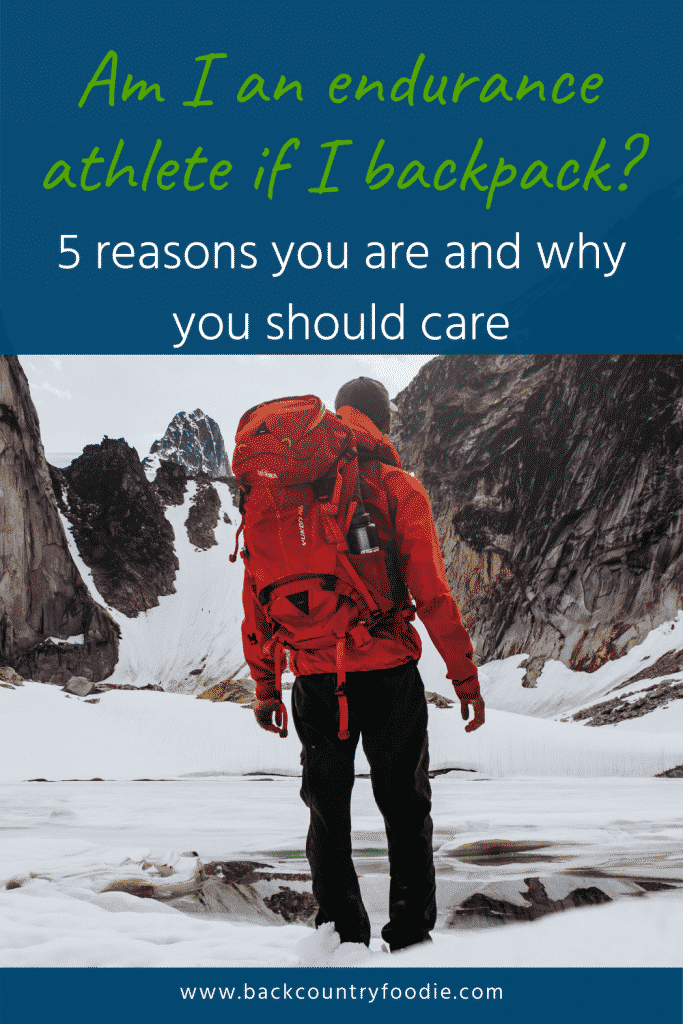
ABOUT THE AUTHORS:
Taylor Eovacious, MS was a nutrition intern mentored by Aaron Owens Mayhew. Taylor completed her Dietetic Internship at Bastyr University to pursue a career as a Registered Dietitian. She believes that the key to a healthy life lies in the careful balance of the pillars of lifestyle wellness – healthy eating, physical activity, stress management, sleep, and relationships. Aside from cooking, eating, and talking about food, her hobbies include spending time with her dog, Athena, and exploring the beautiful PNW.
Aaron Owens Mayhew, MS, RDN, CD, is a registered dietitian and ultralight long-distance backpacker with over 20 years of nutrition and backpacking experience. She’s also the founder and owner of Backcountry Foodie, an online ultralight recipes and meal planning platform for backpackers. She also enjoys teaching hikers about backpacking nutrition via virtual masterclasses, YouTube videos, and podcast episodes. You can follow Aaron’s adventures in the kitchen and the backcountry via Instagram and Facebook.
Sources:
- Affective responses in mountain hiking—A randomized crossover trial focusing on differences between indoor and outdoor activity
- Weight Training Workouts for Hiking and Backpacking
- The Most Underrated Endurance Workout? Hiking

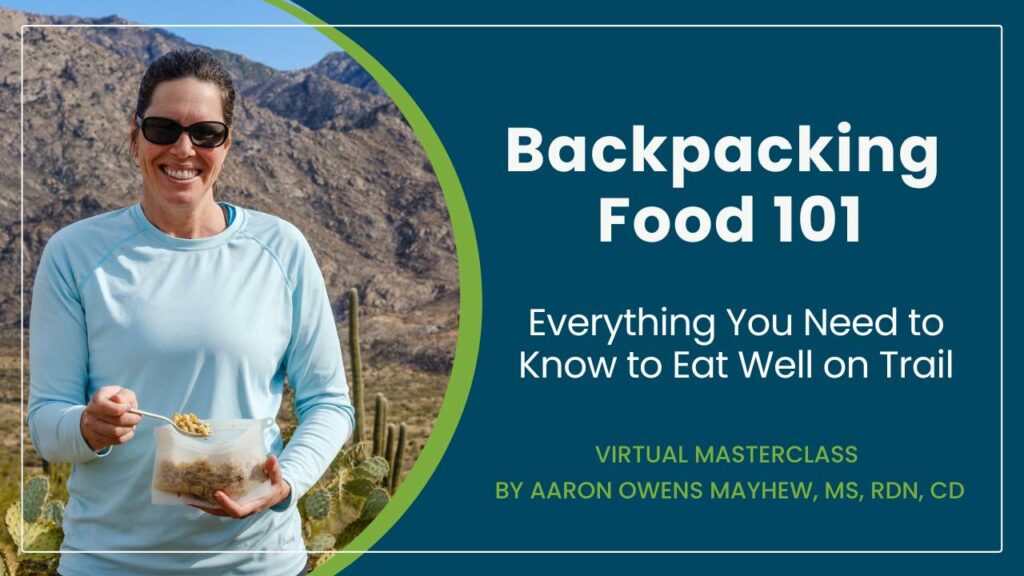


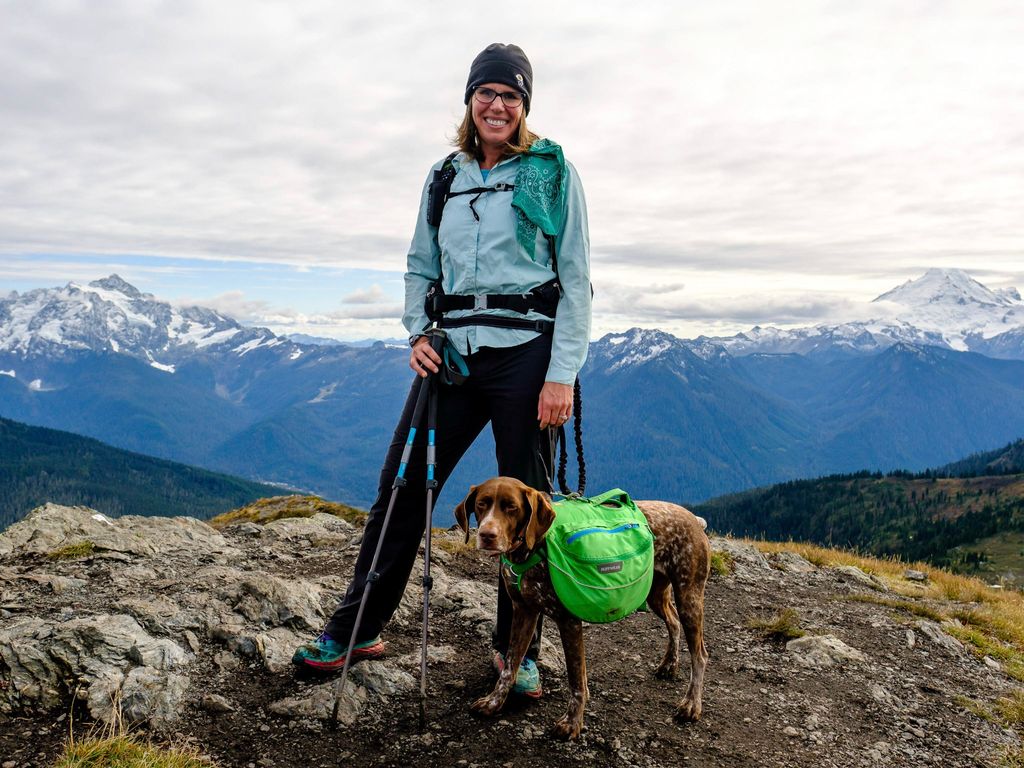
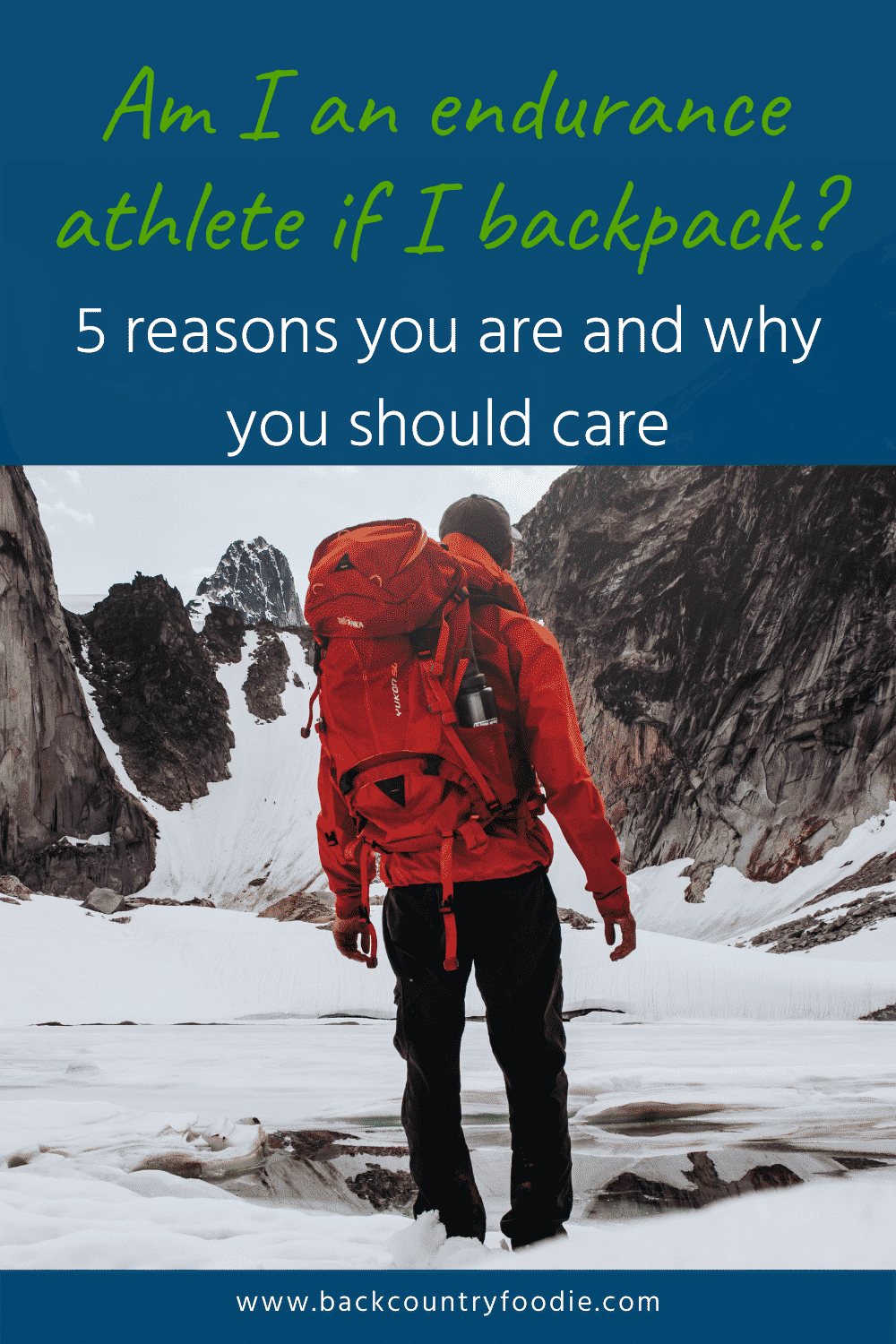
Leave a Reply